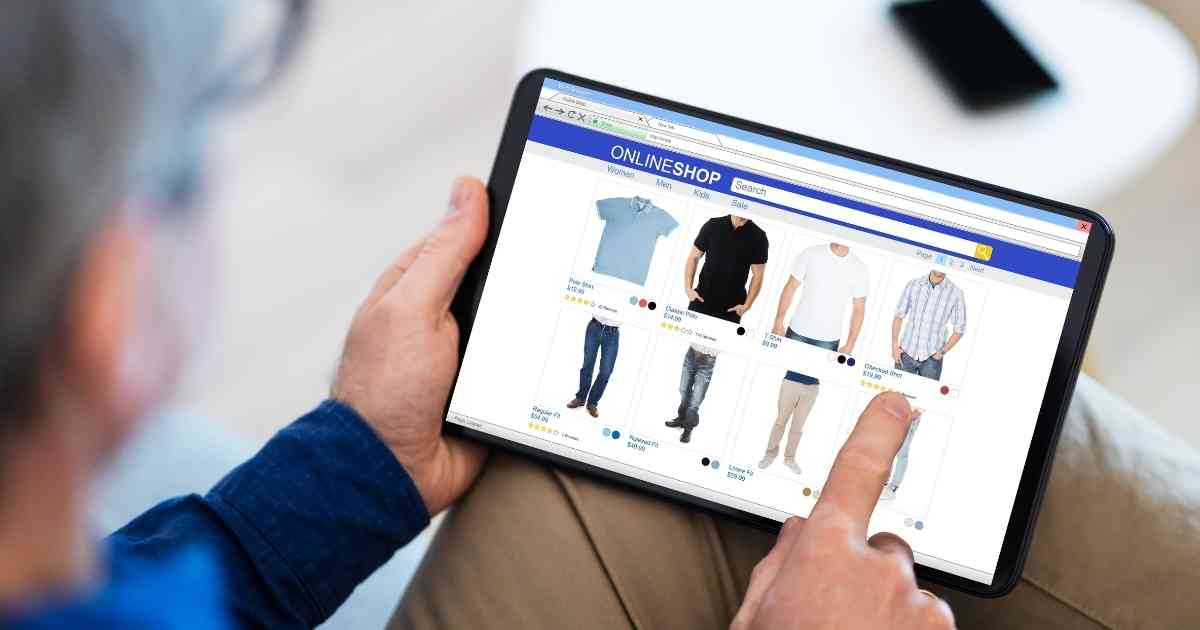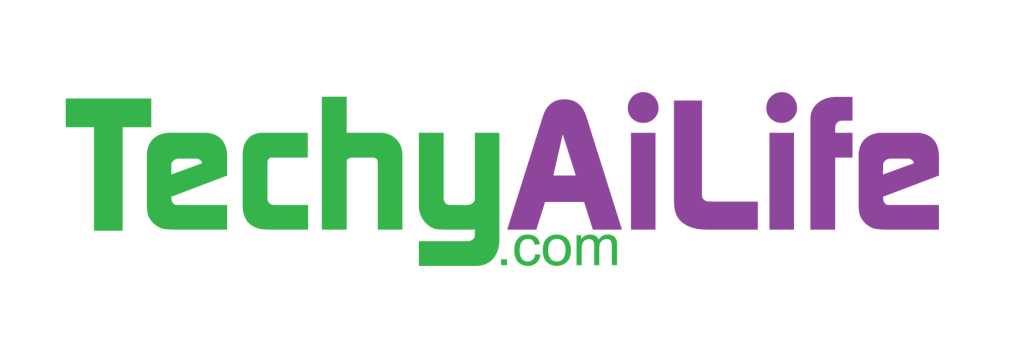Some of the links in this post/website are affiliate links. When you click and purchase the item or service, I may receive an affiliate commission at no extra cost to you. Whenever possible you will get a discount by using our link. You may not get the same discount when going directly to the product or service by any other means
SaaS ecommerce is a type of ecommerce that allows users to purchase and use software applications over the internet. This is different than traditional ecommerce, which requires users to download and install software onto their computers.
SaaS ecommerce is becoming more popular because it is more convenient and efficient. In this blog post, we will discuss the benefits of SaaS ecommerce and how it can help your business grow!
What is SaaS Ecommerce?

SaaS ecommerce is a type of ecommerce software that allows businesses to run their online stores via the cloud. SaaS ecommerce platforms are typically on a subscription basis, meaning businesses pay a monthly or annual fee to use the software. This means that businesses can focus on their core product or service and leave the technical aspects to the experts.
SaaS ecommerce platforms offer businesses many advantages over traditional on-premise ecommerce solutions. Perhaps the biggest advantage is that SaaS ecommerce platforms are much easier to set up and manage than on-premise solutions.
Another key feature of SaaS ecommerce platforms is that they typically include all the features and tools businesses need to run their online stores, such as unlimited product and customer management, social media integration, inventory management, order fulfillment tools, and online payment method options.
Overall, SaaS ecommerce platforms offer businesses a cost-effective, scalable solution for businesses running their online stores. If you’re looking for an electronic commerce platform for your business, be sure to consider a SaaS option.
What are the Differences Between an SaaS Ecommerce System and a Traditional Ecommerce Platform?
The main difference between a SaaS ecommerce platform and a traditional ecommerce platform is how they are hosted. You will need your own servers to host a traditional ecommerce platform. A SaaS ecommerce platform will be hosted on the vendor’s servers.
Another difference is that with a SaaS ecommerce platform, you will usually pay a monthly subscription fee. With a traditional ecommerce platform, you will typically make an upfront payment for the software license.
When it comes to scalability, a SaaS ecommerce platform is generally more favorable than a traditional ecommerce platform. This is because the vendor will be responsible for ensuring that the servers can handle an increase in traffic.
Often, SaaS ecommerce platforms are more secure than traditional ecommerce platforms. This is because the vendor will have strict security wall measures in place to protect their servers.
Finally, when it comes to customer support, a SaaS ecommerce platform usually outperforms a traditional ecommerce platform. The vendor will have its own customer support staff who are familiar with the platform and can help you with any issues you may encounter.
Open Source vs. SaaS Ecommerce: What are the Differences?
When it comes to ecommerce platforms, you have two main options: open source software or a SaaS platform. Both have their pros and cons, but which one is right for your business?
Both have their own benefits and drawbacks, so it’s important to understand the differences before choosing one for your online store. We’ll compare the two types of platforms and help you decide which one is best for your needs.
Open source ecommerce platforms like Magento and PrestaShop are free to download and use. You have full control over the code, so you can customize the platform to meet your specific needs. However, open-source platforms require more technical knowledge and take more time to set up and manage.
SaaS ecommerce platforms like Shopify and BigCommerce are on a subscription plan, so you’ll need to pay a monthly fee to use them. But SaaS platforms are usually easier to set up and use, and they come with built-in features and 24/7 support.
These platforms are perfect for small start-up businesses and entrepreneurs who want to get started with ecommerce quickly, but you’ll be limited in terms of customization.
When it comes to choosing an ecommerce platform, there’s no one-size-fits-all solution. It depends on your specific needs and preferences. If you’re not sure which platform best suits you, our team of ecommerce experts can help you decide.
So, which one is right for you? It depends on your needs and preferences. If you’re looking for complete control over your store and don’t mind putting in some extra work, an open source platform might be a good option. If you want an easy-to-use platform that you can set up quickly, a SaaS platform is the way to go.
What are the Benefits of SaaS Ecommerce?
SaaS ecommerce can provide your online business with a number of advantages and benefits that can help you to succeed. Let’s take a look at some of the most notable ones:
- Increased security: One of the main advantages of SaaS ecommerce is that it can offer increased security features for your data. When you store your data on a remote server, you can be sure that it is well-protected from hackers and other cyber threats.
- Flexibility: SaaS ecommerce can also be very flexible, allowing you to scale your operations up or down as needed. This can be a great advantage for businesses that are growing rapidly or seeing seasonal fluctuations in demand.
- Lower costs: Another benefit of SaaS ecommerce is that it can help you to save money on infrastructure and other additional costs. With SaaS, you only pay for what you use, which could lead to significant savings for small and medium-sized businesses.
- Improved efficiency: As an online business owner, SaaS ecommerce can also help to improve your efficiency. With all your data stored in one place, it is easier to track and manage. This can lead to stronger decision-making and a more streamlined operation.
- Easier maintenance: SaaS ecommerce can also be easier to maintain than traditional on-premise solutions. With regular updates, a user-friendly interface, and upgrades handled by the provider, you can be sure that your system is always up-to-date. This can save you a lot of time and hassle.
SaaS Ecommerce FAQs
Here are some of the most frequently asked questions about SaaS E-commerce:
What is SaaS ecommerce?
Simply put, SaaS ecommerce is a type of software that allows you to create and manage an online store. Unlike traditional ecommerce solutions, SaaS ecommerce platforms’ mode of delivery is via the internet (hence the name “software as a service”). This means that you don’t have to install any software on your own computer — everything is managed and stored remotely by the SaaS provider.
How can I get started with SaaS ecommerce?
The good news is that getting started with SaaS ecommerce is easy — all you need is an internet connection! Once you’ve signed up for a SaaS ecommerce platform, you’ll be able to gain instant access to your store from anywhere in the world.
What are the advantages of SaaS ecommerce?
There are many advantages to using SaaS ecommerce, but some of the most popular include:
- There’s no need to install any software — everything is managed remotely by the SaaS provider.
- You won’t have to worry about hosting or maintaining your own separate website. This is all taken care of by the SaaS provider.
- It’s easy to use! Most SaaS ecommerce platforms are designed with ease of use in mind, so you’ll be able to get up and running quickly and without any hassle.
- Because SaaS ecommerce platforms are delivered via the internet, they’re often more affordable than traditional ecommerce solutions.
Is there a downside to using SaaS ecommerce?
There are a few potential downsides to using SaaS ecommerce, but these are usually outweighed by the benefits:
- You’ll be reliant on your internet connection — if your internet goes down, so does your store.
- You might not have as much control over your store as you would with a traditional ecommerce solution. This is often offset by the fact that SaaS service providers will take care of all the technical aspects of running your store for you.
- Some SAAS ecommerce platforms can be more expensive than traditional solutions if you need a lot of features or customization. This isn’t always the case, and SaaS ecommerce can actually be more affordable in the long run.
How do I choose the right SaaS ecommerce platform for my business?
There are a few things you’ll want to keep in mind when choosing a SaaS ecommerce platform for your entire business:
- Your budget: How much are you willing to spend on a SaaS-based ecommerce platform?
- The features you need: What kind of features do you need for your store?
- The level of customization you need: Do you need a lot of customization options, or are you happy with a more basic platform?
- Your level of technical expertise: How comfortable are you with using internet-based secure ecommerce software?
If you’re not sure which SaaS ecommerce platform is right for you, we recommend trying out a few different ones. Take the time to see which one you’re most comfortable with. You can sign up for a free trial with most platforms, so you can test a few out before committing to anything.
Conclusion
If you’re looking for an easy and affordable way to start selling online, then a SaaS ecommerce platform could be the perfect solution for you. With no need to install any software or worry about hosting, SaaS ecommerce makes starting an online store easy. And with many great platforms to choose from, you’re sure to find one that’s perfect for your needs.
In addition to being more cost-effective and scalable than traditional ecommerce solutions, SaaS ecommerce platforms typically include all the features and tools businesses need to run their online stores properly. This makes them a great choice for businesses of all sizes.




